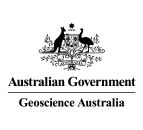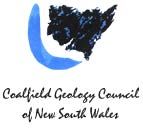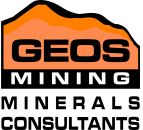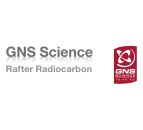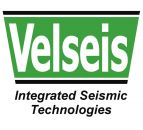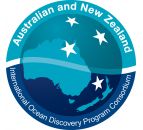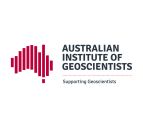GSA AESC
Session Details: Living Earth (Life and Habitats)
Life has fundamentally influenced the development of the Earth, making it unique with respect to its planetary neighbours. The Living Earth theme will investigate:
- The evolution of life as witnessed in the fossil record;
- Consider novel methods to supplement traditional palaeontological approaches;
- Investigate the major events in the evolution of life, the hydrosphere and atmosphere; and
- Draw contrasts and comparisons with other planets.
LE1 Recent advances in the evolution of life through the Archean
Proponent: Martin van Kranendonk m.vankranendonk@unsw.edu.au
A session in honour of Alec Trendall. Alec's interests were much broader in scope than just geochronology, and he was fascinated with ancient life, both in his beloved Hamersley and in the older rocks of the Pilbara, for example the famous Trendall locality of the 3.35 Ga Strelley Pool Formation, in which he documented perhaps the best-known early Archean stromatolites in the world. This session will also encompass issues arising from analysis of the Hamersley banded iron-formations, as many researchers have suggested that microbes were responsible for their precipitation.
LE2 The Australian Neogene: prelude to the present
Joint session with Dynamic Planet and Environment themes
Proponent: Bob Henderson bob.henderson@jcu.edu.au
Contemporary Australia expresses the outcome of environmental conditioning and change through the Neogene. Paleoenvironmental change through this interval is known to be of dramatic proportions and to be registered with great diversity. Paleoenvironmental settings and their change are variously recorded by marine sediment systems both submerged and exposed adjacent to the coasts, by continental regolith and sediment systems that are ubiquitous in the continental interior and by the development of volcanic landscapes in eastern Australia. The timing and development of widespread aridity during the Neogene and its consequence for change in the Australian biota are further big research questions inviting examination. The toolkits employed in paleoenvironmental research in this interval of time are also rapidly changing, particularly in the geochemical sphere. This session offers a forum to explore the drivers, processes and outcomes of the Neogene past which collectively have shaped our present.
Latest News
Public Forum
Book
here
(click for more)
AESC 2014
December 2013
AESC 2014 First Circular
March 2013





